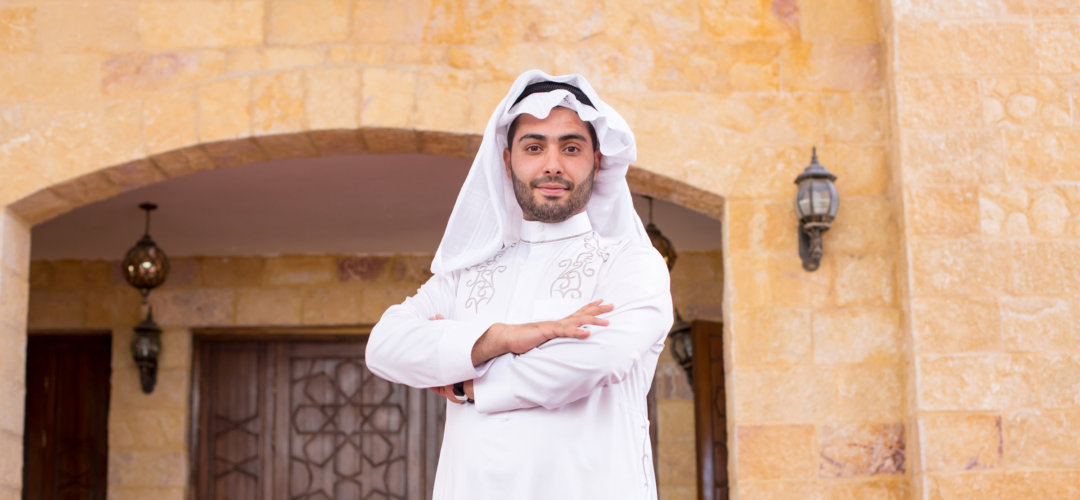
Meet Our Chaplain
Chaplain Kaiser Aslam has been serving as the Rutgers chaplain since in August 2016. He previously served as the Muslim Chaplain at Wesleyan University. Kaiser has studied various classical Islamic sciences including Arabic, tafseer, hadith, fiqh in his studies within the United States, as well abroad at Markaz Fajr in Cairo, Egypt and Al Amana Center in Oman. Kaiser holds a Master’s degree in Islamic Studies and Muslim-Christian Relations from Hartford Seminary. His thesis is “Islamic Literacy for Undergraduate American Muslims.” In addition to his work at Wesleyan, Kaiser served as the only Muslim Chaplain at Hartford Hospital and as the youth director at the Farmington Valley American Muslim Center.
Mission Statement
- To provide an inclusive space and sense of community that enables students to foster a meaningful Muslim identity.
- To enrich and support students through quality educational, spiritual, and counseling services rooted in relevant Islamic learning; and
- To advocate for the Muslims at Rutgers and facilitate community building and dialogue with people and representatives of all faiths and backgrounds.
Our Vision
Our vision is of a vibrant, modern center that provides educational, spiritual, and counseling services for the Rutgers community with a focus on students. We strive to provide a compelling, meaningful, and relevant practice of Islam that inspires all who come in contact with it.
History
As far as we know, Muslims have been active at Rutgers University (Rutgers) in an organized fashion, including the Muslim Students Association, since the 1960s. Over the years, there have been attempts to establish a physical institution, a Center for Islamic life, on campus.
In the late 1970s, a group of Muslims, some of them Rutgers students and faculty established the Islamic Society of Central Jersey (ISCJ) that held weekly seminars and classes as well as celebrations and Eid prayer on campus. The ISCJ then purchased a property in South Brunswick, New Jersey and built a mosque several miles from campus. Thereafter, in the late 1980s, a group of Rutgers students founded Masjid ul Huda, a mosque that was located just a few blocks from campus in New Brunswick, NJ. Masjid ul Huda is now known as New Brunswick Islamic Center (NBIC), and it is now located a couple of miles from New Brunswick in North Brunswick, New Jersey. Additionally, the Muslim Center of Middlesex County (MCMC) was established as an outgrowth of the ISCJ in the late 1980s. MCMC built a masjid in 1997, a few blocks from the Rutgers Busch Campus.
All of these institutions have and continue to benefit the Rutgers Muslim community. However, they are mosques that are located off-campus. The need for a Center for Islamic life on campus, in contrast to a mosque, remained unfulfilled. A physical institution on campus dedicated to the service and support of the entire Rutgers Muslim community was desperately needed.
The Office of the Muslim Chaplain at Rutgers University (OMCRU) opened in 2002 as a “Campus Ministry” organization sanctioned and recognized by Rutgers. It began in a consultative and advocacy capacity in the wake of September 11 and provided services despite limited resources. OMCRU chaplains included David Fricke, Walead Mosaad, Jihad Brown, and Faraz Khan. In 2006, OMCRU was invited to join the Religious Life Association of Rutgers (RLA). The RLA was comprised of recognized Rutgers campus ministries that employ full-time staff who work solely for on-campus interests and issues. OMCRU dissolved because of a lack of sufficient funds and resources.
In 2009, there was a renewed interest in creating a Muslim presence on campus; and in 2010, the Center for Islamic Life at Rutgers University (CLRU) was incorporated. In 2011, CILRU became the official convener of the Muslim chaplaincy on campus through the Rutgers Dean of Students Office. At that time, CILRU hired two part-time volunteer chaplains – Faraz Khan and Mohammad Moutaz Charaf. CILRU also became a member of The Interfaith Council at Rutgers University (TICARU), a group of chaplaincies of the Abrahamic faith. TICARU is now called the Interfaith Alliance and membership is comprised of faith groups that sponsor a full-time chaplain on campus. The former RLA is now the Multifaith Council of Rutgers that includes about 25 campus ministries.
In March 2013, CILRU received its IRS 501(c)3 tax-exempt status. Further in February 2016, CILRU was granted State of New Jersey Sales and Use Tax Exemption.
After an exhaustive job search, in January 2016, CILRU hired its first paid full-time on-campus chaplain – Kaiser Aslam, who started in August 2016. Another landmark goal was met in December 2016, when CILRU signed a lease for office space on the College Avenue Campus in New Brunswick. Following a renovation of the 1,000 sq. ft. office, we opened at the end of March 2017.
A landmark achievement occurred in June 2018 when CILRU signed a lease with Rutgers for the building at 122 College Avenue, New Brunswick. This premier location and the fact that CILRU’s space has doubled gives CILRU the opportunity to increase its service to the Rutgers community. A renovation is currently underway and a grand opening is planned for September 2018.




